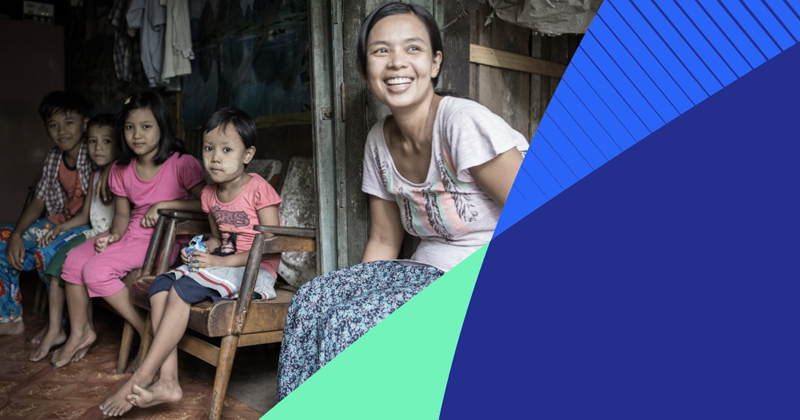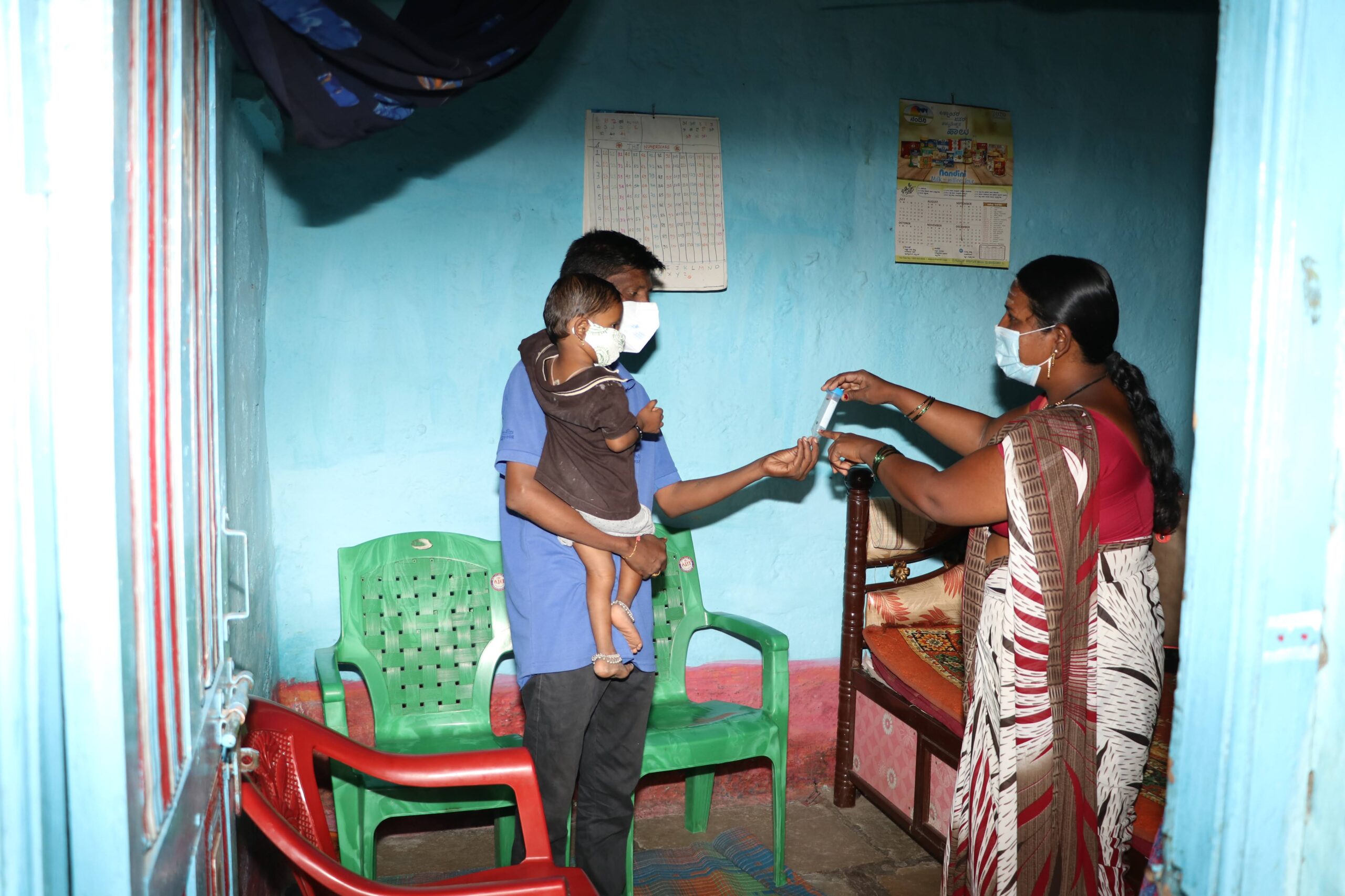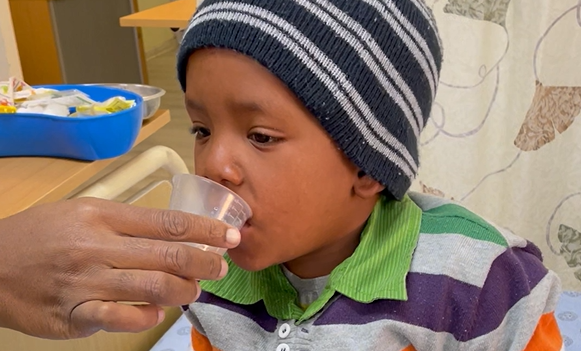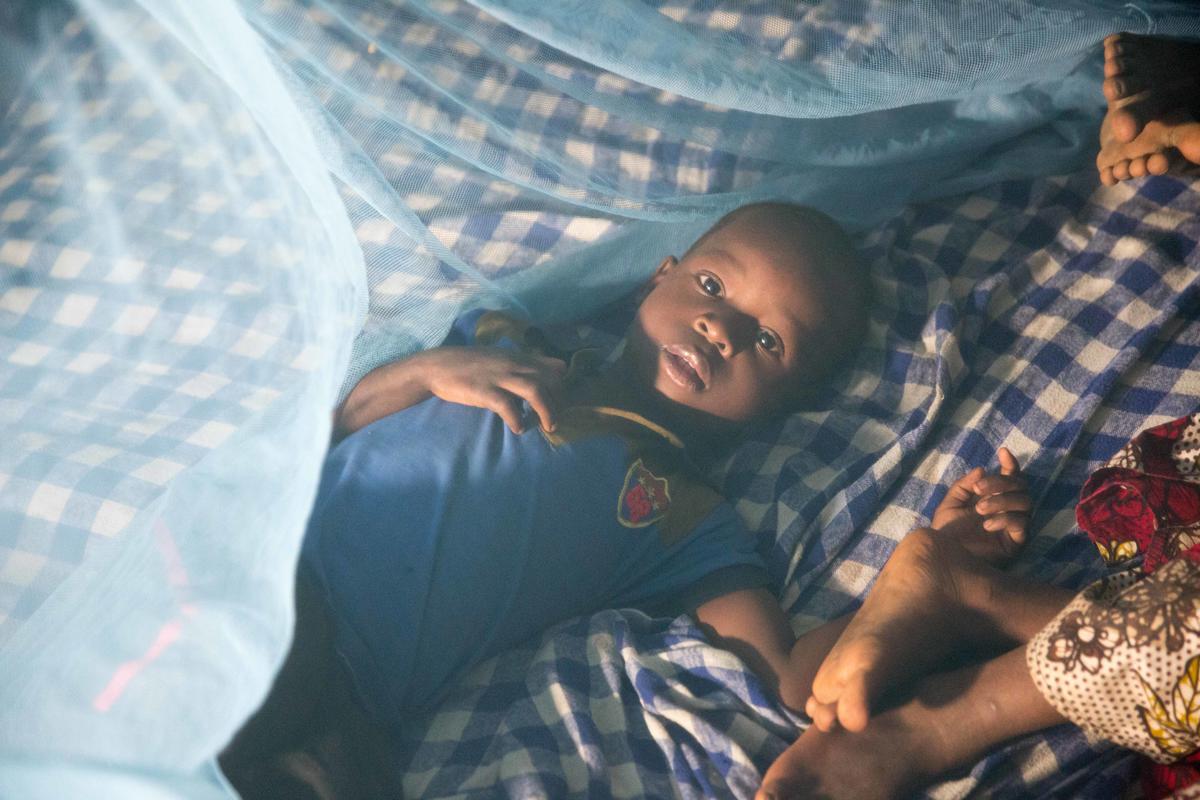The problem
At this project’s outset (2018), less than 40% of the estimated 500,000 people with drug-resistant tuberculosis (TB) were diagnosed, only a quarter of them started treatment, and less than 14% were cured.
The spread of drug-resistant TB is a major threat to the TB response. Drug susceptibility testing is necessary to determine which medicines will be effective and enable a person to access the best treatment. Without a comprehensive picture of which drugs a person is likely to respond to, the risk of putting people on ineffective treatments is very high. The result is a poorer health outcome and greater costs for health systems.
Our response
The Seq&Treat project is designed to generate evidence and boost in-country capacity to support the global adoption of commercial, targeted next-generation sequencing for affordable, scalable and rapid TB drug-susceptibility testing (DST).
Seq&Treat is piloting sequencing-based tests that can analyze the genes of a patient’s particular TB bacteria and determine which drugs will work best against it. The technology produces results within 48 hours, a major improvement over culture-based tests that require up to eight weeks. With answers in hand, clinicians can get individuals started on the right treatment right away. Prompt, correct treatment reduces the spread of disease and helps thwart the development of drug-resistant microbes.









